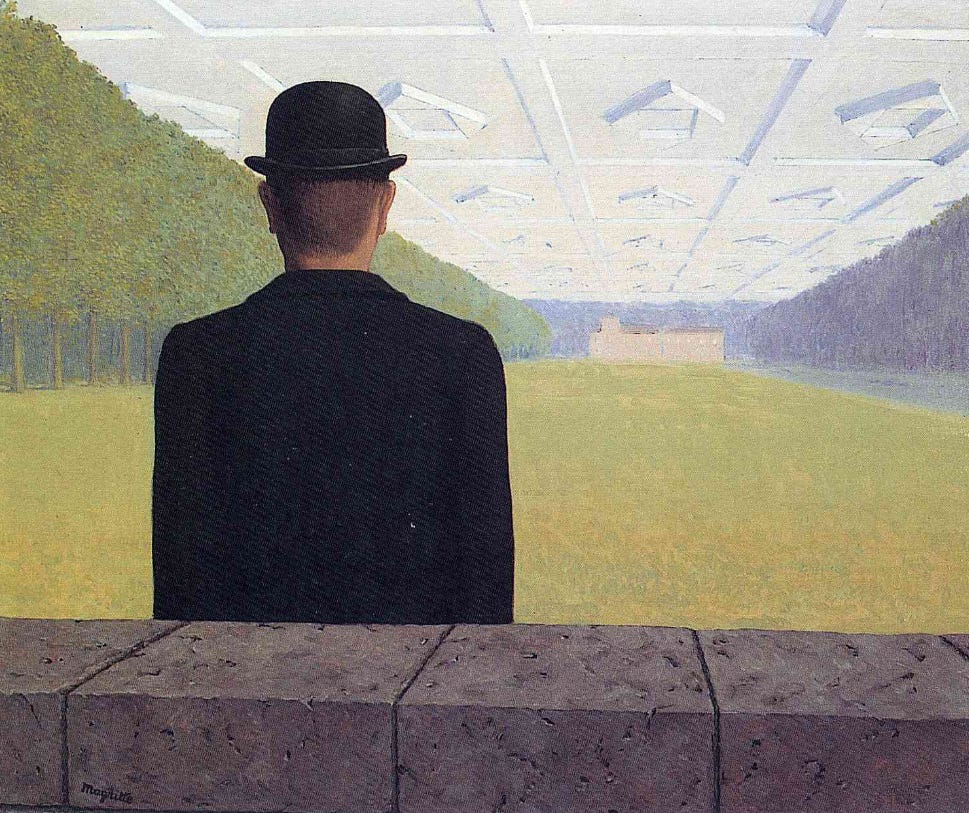Art vs. Dopamine
The theory of relativity in art
How does art affect the flow of time?
This week, a graphic by the wonderful music critic Ted Gioia made vivid the ways in which our culture has, across every domain, accelerated toward manic gratification. (Or what he calls “dopamine culture.”). You’ve probably seen it already; it went viral for the right reason. Not because it’s provocative, but because it captures something true we all feel.
READ
His State of the Culture 2024 is worth reading in its whole
What it made me ask was this: what is the antithesis of dopamine culture?
Art that makes you pause; that halts time.
Have you ever had the experience (especially in recent years) of reading a print book, falling into a state of concentration, then looking up after what feels like a long, deep journey, to discover that only 10 minutes have passed?
This is the sign of true absorption. It doesn’t speed time; it slows it down.
The theory of relativity holds that the faster you go in space, the slower time passes for you, relative to others.
You could say there’s a theory of artistic relativity: the deeper you go, the slower the seconds pass.
And conversely, the quicker the hit, the faster they run.
For example, Beethoven’s 9th Symphony takes a little more than an hour from beginning to end. But when you come out of it, it feels like you’ve traversed years—eons.
Yet on your phone, an hour is nothing.
If you go through the day scrolling through the delights of dopamine culture—as we all do—you will feel as if no time has passed at all. Hours become slippery and evanescent; time runs through your fingers. People routinely spend 3 or 4 hours per day on their pocket screens and wonder where their life went.
I know this because it’s true of me. I can hardly make time for a movie that would allow me to experience years in one sitting, but I somehow spend the equivalent of a Wagnerian opera on my phone without noticing it.
Another example: I wrote the first draft of this email by hand. It took 12 minutes by the clock, but felt like twice or three times that. On a computer, 12 minutes passes in a blink.
WATCH
One of the most popular videos I’ve ever shared is this one featuring Aldous Huxley.
It struck such a chord with people that even Elon Musk and Jack Dorsey commented on it.
Why did it hit people so hard? What does that tell us, that the creator and owner of that dopamine engine, Twitter, felt this spoke to them?
LISTEN
Now counteract the experience of the dopamine culture.
Slow down.
This Icelandic pianist, Vikingur Olaffson, is one of the most magical performers working today.
Listen for five minutes and tell me how long it feels.




Several years ago (~2018-19 or so) I had been participating wildly in social media (Twitter, Facebook, Truth Social, etc) for some number of years at that point, I would sit down to my PC with a cup of coffee in hand at 8 or 9 in the morning and far too often when I next realized the time it was hours later in the mid or even late afternoon... what had seemed to be only a short amount of time was in reality the better part of my waking day.
I no longer participate in Social Media, and haven't since being permanently suspended by Twitter and Facebook, and having subsequently and quite purposefully closed all other accounts... I have only recently realized the blessing that was bestowed upon me when I was cast out by those mind and time sucking social beasts... Thank you Twitter and Thank you Facebook... and Thank Myself for coming to the realization that there is a physical realm to this life that is called "the here and now" that is thoroughly enjoyable and well worth living in at a much slower pace.